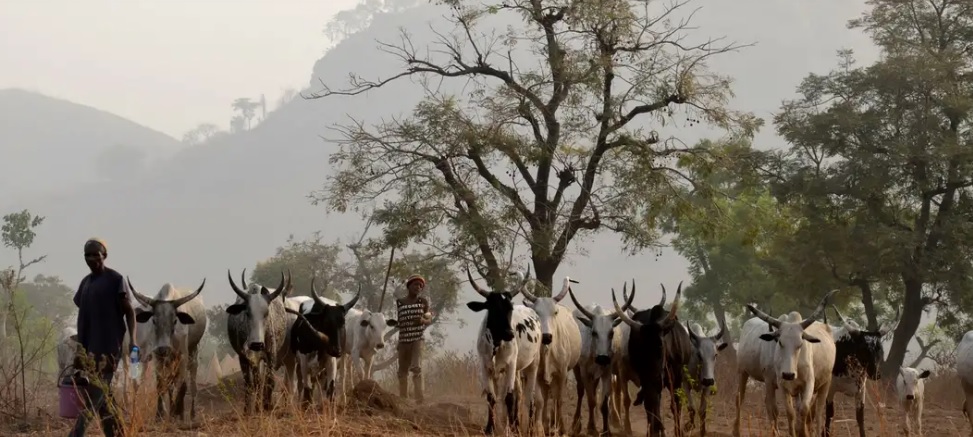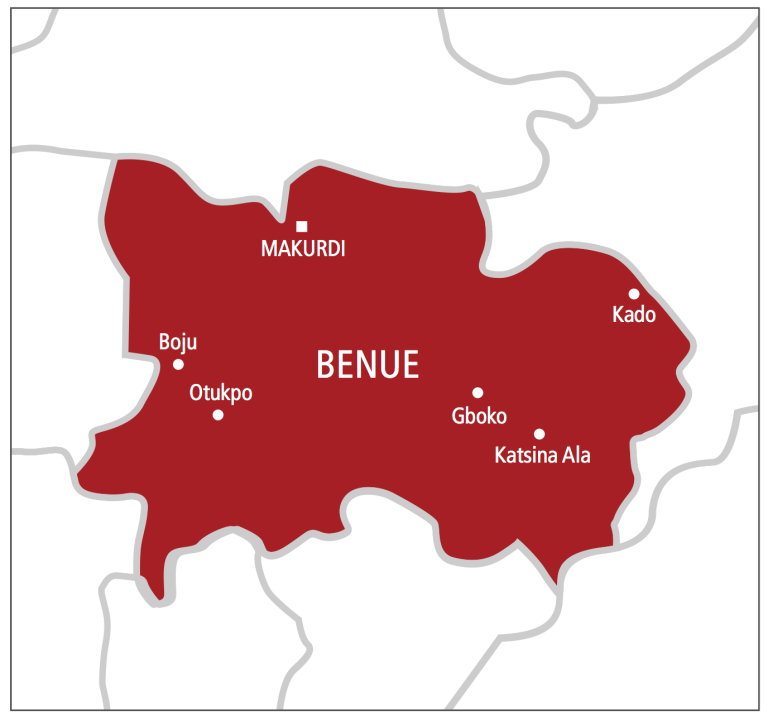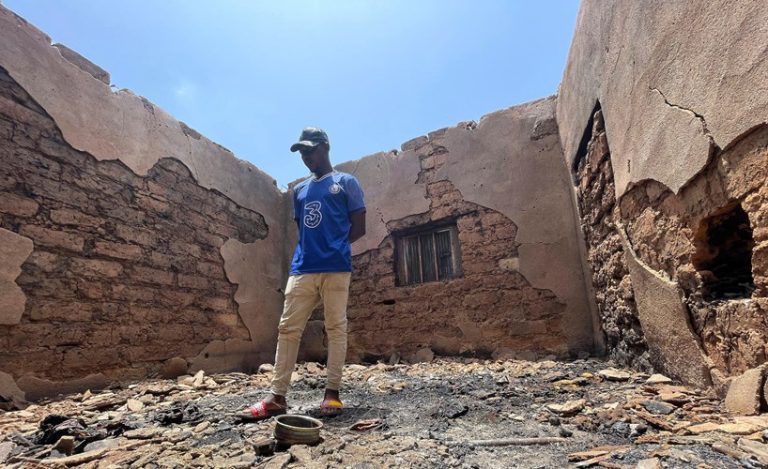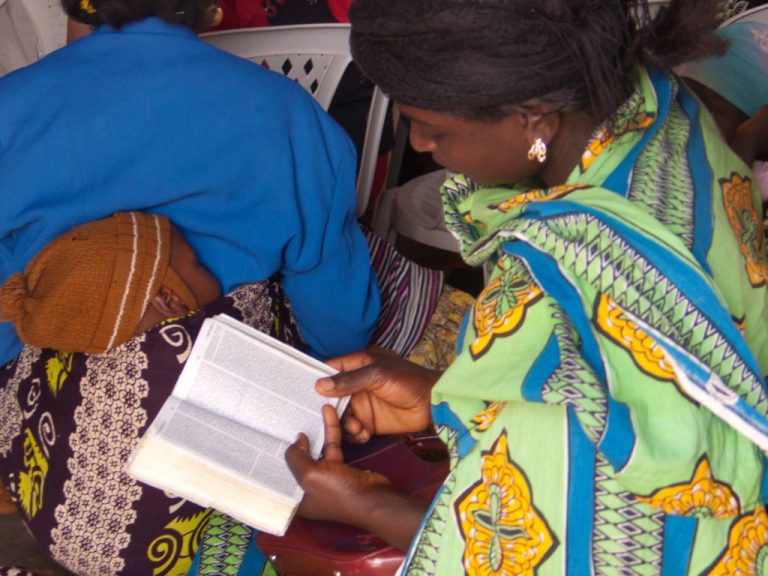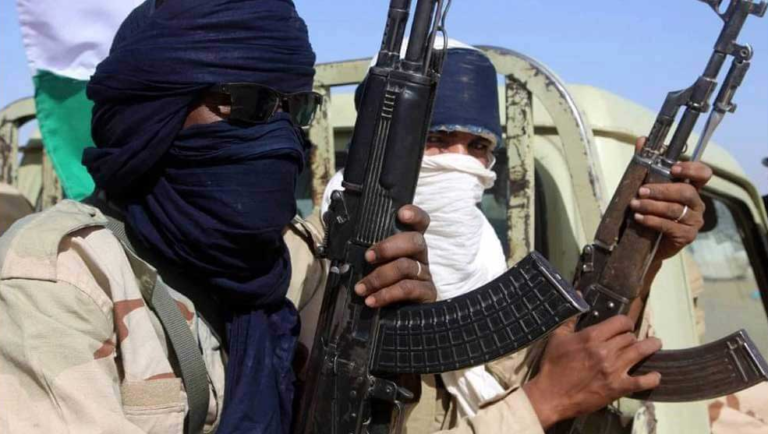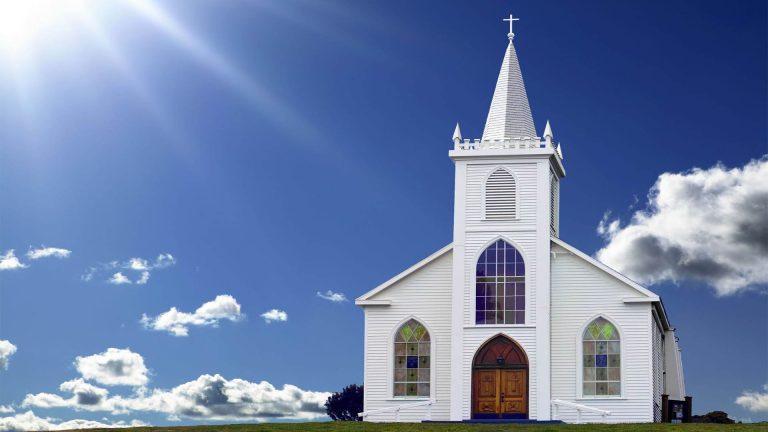Fulani herders endure stigma and frustration in Nigeria
The mockery of pastoralist Fulani over their enthusiasm for cows has made way for the slurs of “terrorists” and “militia” as disputes with others in West Africa lead to bloodshed. In Nigeria they face other problems too. The voices of the two boys, neither older than 16, carry over the sound of more than 20…
The mockery of pastoralist Fulani over their enthusiasm for cows has made way for the slurs of “terrorists” and “militia” as disputes with others in West Africa lead to bloodshed. In Nigeria they face other problems too.
The voices of the two boys, neither older than 16, carry over the sound of more than 20 cows trotting through the grass. Day in and day out they have to ensure the animals are well grazed and watered in the fields of Jos in central Nigeria’s Plateau State.
Looking on, Idris Abdullahi Bayero considers himself lucky. The 29-year-old graduate of history and international studies at the University of Jos was once just like these boys, living in the bush and on the move with his family and their cows, calves and goats.
Education is one of the main challenges facing the Fulani who have traditionally led a nomadic existence across western and central Africa. Although most now live in more permanent settlements, these are still often far from schools or other facilities such as healthcare centers.
“We are not treated equally”
Often Fulani are not able to begin or continue much more than a basic education because they are expected to care for their livestock from a relatively young age. Cows are not only the pride and joy of the Fulani – they are also their bank. Bayero, who is now job-hunting, was able to finish school with the support of his community. To continue to university, he had to sell his cows.
“Well, actually I sold a lot of the cows that I have. Any time I want to pay school fees, I will go to the bush and catch one of them, take it to the market and sell it. That’s how I paid my school fees. Yes, even though I don’t want it to be like this. How I wish I would have had something where I get income and leave my cattle,” he says.
Life has not been so easy for Miriam Mohammed, 20. She was only able to attend school for a short while before she became a mother of two small children. She lives in a small settlement, an hour’s drive from Jos.
“My problem is I was born here but we are not given equal rights. They don’t want to see me on this land. And the government is doing nothing about it. The government is supposed to look into this problem and treat us as equals, just like any other person born here. But we are not treated equally. They don’t want us on the land. I was born here but I don’t know why they don’t want me to be here,” she says.
Mohammed is angry about the lack of infrastructure, which has long been an issue, and the negative image the Fulanis seem to have acquired.
The conflict between Fulani herders and farmers in Nigeria is long-running. Clashes – with both sides armed – have resulted in hundreds of fatalities since the start of this year alone.

